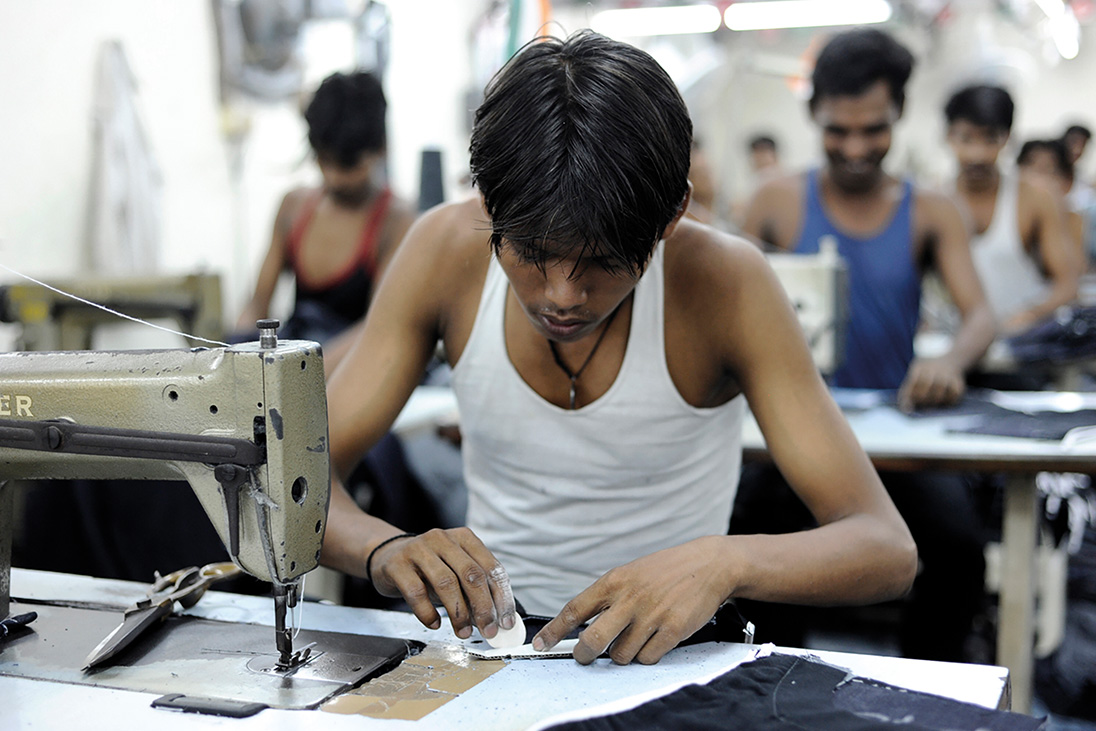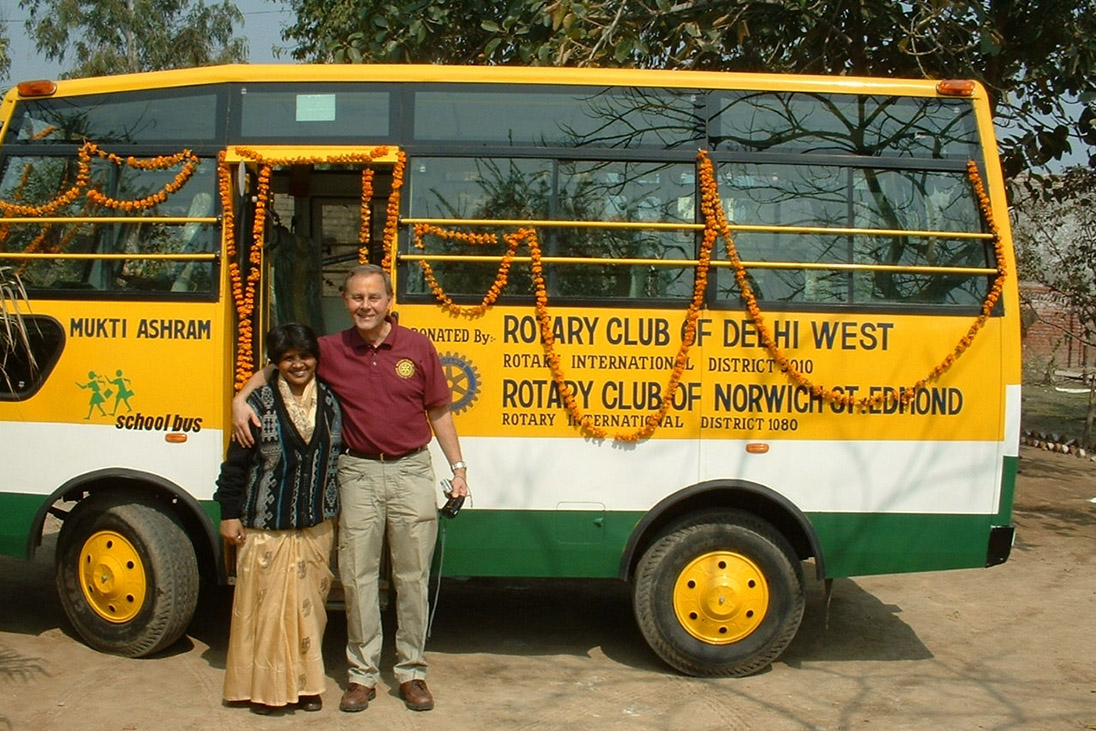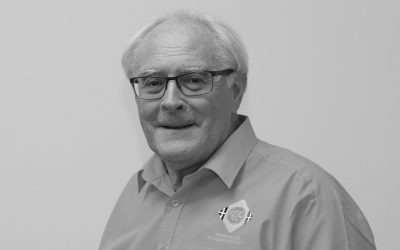Many people labour under the comforting myth that slavery is a thing of the past and that the practice ceased with the abolition of the Transatlantic Slave Trade and the American Civil War.
Others see the problem from a different perspective. They believe that modern slavery is a new phenomenon which is only restricted to countries such as India, China, Pakistan and North Korea.
The reality is that whilst the laws permitting slavery have been repealed everywhere, people around the world continue to be brutalised, broken, exploited and enslaved through violence or the threat of violence.
Making something illegal doesn’t make it cease to exist. Making something illegal only causes it to vanish from view. Behind closed doors, in remote places and right under our noses, slavery has continued throughout the 19th, 20th and 21st century, making people rich, feeding our lifestyles and burning up lives.
According to the International Labour Organization and Walk Free’s Global Slavery Index, it is estimated that there were at least 40 million people enslaved worldwide in 2016 and one in four of these were children.
As modern slavery is a global problem it can best be combatted on a global basis.
Rotary International is a global organisation of 1.2 million members in over 33,000 clubs and in 200 plus countries.
Making something illegal doesn’t make it cease to exist. Making something illegal only causes it to vanish from view.”
This global organisation has been hugely instrumental in almost eradicating polio from the face of the globe.
If we Rotarians can achieve this feat with polio, we can surely make a significant contribution to the eradication of the modern slavery virus.
As Rotarians we each have a responsibility to end this obnoxious crime against humanity once and for all.
As Archbishop Desmond Tutu said: “If we are neutral in situations of injustice, we have already chosen the side of the oppressor.”
But how can we Rotarians help in this struggle? Well, as a first step we can educate ourselves about modern slavery and help others become aware of the problem.
We can give or organise presentations. We can urge our political representatives to promote and/or strengthen anti-slavery and anti-trafficking laws.
We can urge businesses to check their supply chains for slave produced goods.
We can provide anti-slavery bodies with funds to support their work.
As consumers we can restrict our purchases to fairly traded goods.


It is estimated that there were at least 40 million people enslaved worldwide in 2016.
As Rotarians we can become paid up members of the Rotarian Action Group against Slavery (RAGAS), whose aims are raising awareness of the nature and extent of slavery and encouraging Rotarians to support and work with anti-slavery organisations to protect the vulnerable from slavery and its consequences.
RAGAS raises awareness by producing regular newsletters which are issued to supporters and members in over 66 countries.
We organise anti-slavery booths and breakout sessions at Rotary International conventions and Rotary district conferences, communicate via social media, maintain a website which provides resource materials and project opportunities for clubs to consider, as well as organising and speaking at human trafficking and slavery conferences.
Supporting the work of anti-slavery organisations is a crucial part of the work of RAGAS. These organisations know how to set slaves free, they know how to rehabilitate the survivors, how to teach them about their rights, how to ensure that they do not return to enslavement and how to reintegrate them back into their homes and communities.


Mark Little, Chairman and Founder of the Rotarian Action Group against Slavery, working with the YouCanFreeUs project in India.
What they find difficult is how to mobilise funds which will extend their work further. This is where RAGAS and its members are helping.
The Rotarian Action Group is currently working to develop partnerships and promote other anti-slavery bodies to provide global cohesion and impact.
This is being achieved through initiating, participating in and funding anti-slavery projects at home and abroad.
Thus the Rotarian Action Group and its members have completed anti-slavery projects in combination with grass root organisations such as Bachpan Bachao Andolan (India), South East Asia Coalition against Child Servitude (India), Free the Slaves (USA), RC Diocese of Allahabad and Eastern Himalayas (India), Rescue Mission for Children (Thailand), Wulugu (Ghana), Asha Nepal, Maiti Nepal and Shakti Samuha (Nepal), YouCanFreeUs (India).
According to the International Labour Organization and Walk Free’s Global Slavery Index, it is estimated that there were at least 40 million people enslaved worldwide in 2016 and one in four of these were children.”
In addition, the group has supported and helped to fund projects initiated by organisations such as Polaris (USA), Mekong Club (SE Asia) and Anti-Slavery International (England).
Further details of some of these projects can be viewed on the Action Group’s website.
Today, we Rotarians have a choice on this issue of ‘modern slavery’.
We can either despair that exploitation is an age old problem, that human nature will never change, that in any case slavery is a problem for government and then do nothing.
Or we can abide by the tenets of the Four-Way Test, Part 2 of the Object of Rotary and Gandhi’s maxim – “be the change that you want to see in the world” – and then do our utmost to end this evil practice.


























































